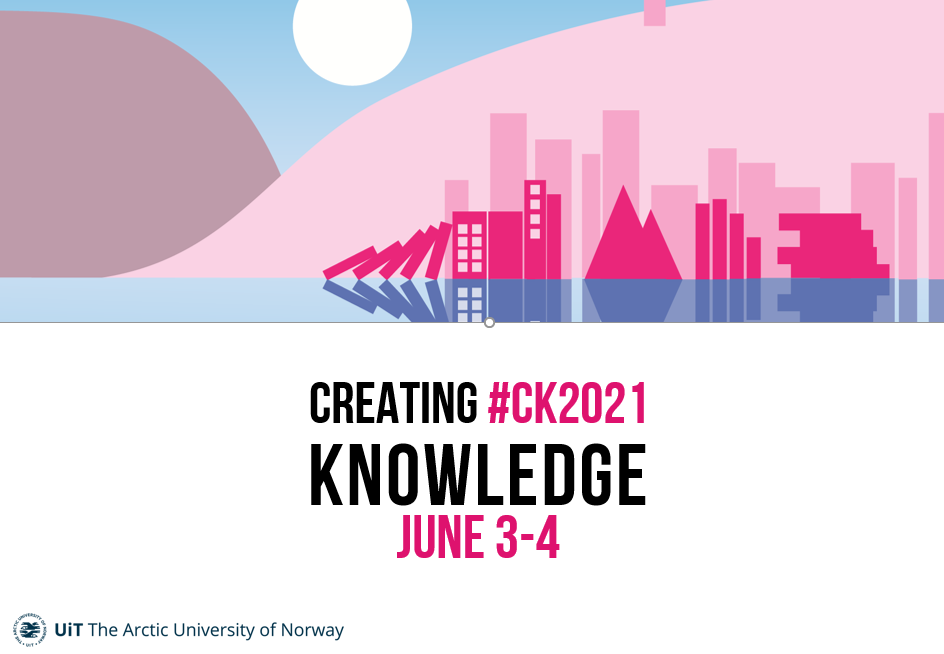Learning in a designed world
Information literacy from rock carvings to apps
DOI:
https://doi.org/10.7557/5.5876Keywords:
learning, technology, information literacyAbstract
See RECORDING
Human beings have an incredible talent for learning and for converting the insights they make into technologies. Some of these technologies (hammers, knives, bicycles etc.) transform our bodily capacities; they change the way we interact with the world when we repair an object or move between places. Other technologies (numbers, writing systems, texts, calculators) transform our capacities to think, remember, solve problems and communicate with fellow human beings. These symbolic technologies, as the evolutionary psychologist Merlin Donald calls them, play a decisive role for our capacity to learn, to preserve information and, more generally, to think at the individual as well as collective level. And these technologies are restless, they change continuously. In a designed world, our intellectual capacities are dependent on our abilities to productively utilize such external resources in what we do. What we know is no longer exclusively beneath the skin or between our ears.





